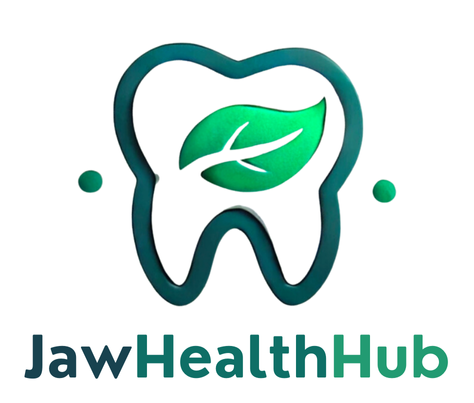Jaw pain is a common complaint that can range from a minor annoyance to a debilitating condition affecting your ability to speak, chew, and live comfortably. Identifying the root cause of jaw pain is crucial for finding effective treatment and relief. In this article, we’ll explore the most common causes of jaw pain, helping you understand how to address this issue for long-term jaw health.
What Is Jaw Pain?
Jaw pain can manifest as a dull ache, sharp pain, or even a throbbing sensation. It often originates from the temporomandibular joints (TMJ), the hinges connecting the jawbone to the skull. However, jaw pain can also be caused by problems with your teeth, muscles, or nerves. Understanding the underlying cause is essential for targeted treatment.
Common Causes of Jaw Pain
1. Temporomandibular Joint Disorder (TMD)
One of the most common causes of jaw pain is temporomandibular joint disorder (TMD). This condition arises when the TMJ is not functioning properly due to inflammation, injury, or misalignment. Symptoms of TMD include clicking sounds, difficulty chewing, and pain in the jaw joint and surrounding muscles.
Causes of TMD may include:
- Stress leading to clenching or grinding of the teeth (bruxism)
- Misaligned bite or jaw
- Arthritis affecting the TMJ
- Jaw injury or trauma
2. Bruxism (Teeth Grinding)
Many people unconsciously grind their teeth, especially during sleep. This condition, known as bruxism, puts excessive pressure on the jaw muscles and can cause pain, headaches, and even tooth damage. Over time, bruxism can wear down the temporomandibular joint, leading to chronic jaw pain.
3. Dental Issues
Jaw pain can also be linked to various dental problems, such as:
- Tooth infections (abscesses)
- Gum disease
- Tooth misalignment
- Cavities or impacted wisdom teeth
Dental issues often radiate pain to the jaw, making it difficult to pinpoint the exact source without proper diagnosis.
4. Trauma or Injury
Any injury to the face or jaw, such as a sports-related impact or car accident, can result in significant jaw pain. A fractured or dislocated jaw will cause acute pain and can severely limit movement.
5. Arthritis
Arthritis can affect the temporomandibular joint, just like any other joint in the body. Osteoarthritis can cause the cartilage that cushions the joint to break down, leading to stiffness, pain, and limited movement. Similarly, rheumatoid arthritis, an autoimmune condition, can lead to inflammation of the TMJ, causing discomfort.
6. Sinus Problems
Sometimes, jaw pain is a symptom of sinusitis or another sinus-related issue. The sinuses are located near the TMJ, and inflammation or infection in the sinuses can create pressure on the jaw and cause discomfort.
7. Jaw Clenching Due to Stress
Stress and anxiety often manifest physically, and many people hold tension in their jaw. This unconscious habit of jaw clenching can lead to overuse of the jaw muscles, resulting in soreness and stiffness. Managing stress can be a vital step in alleviating jaw pain.
8. Trigeminal Neuralgia
Though less common, trigeminal neuralgia can also cause severe, stabbing jaw pain. This condition affects the trigeminal nerve, which provides sensation to the face and jaw, and can be triggered by even mild stimuli, such as chewing or speaking.
When to See a Doctor for Jaw Pain
If your jaw pain persists for more than a few days, worsens over time, or is accompanied by other symptoms such as swelling, fever, or difficulty opening your mouth, it’s important to seek medical advice. A healthcare professional can help identify the root cause of your jaw pain and recommend appropriate treatments, whether that involves lifestyle changes, dental care, or more specialized medical interventions.
Managing and Treating Jaw Pain
Treatment for jaw pain depends on the underlying cause. Some general strategies include:
- Applying ice or heat to reduce swelling and relieve discomfort
- Over-the-counter pain relievers like ibuprofen
- Stress management techniques like meditation or relaxation exercises
- Mouthguards or splints for those who grind their teeth
- Physical therapy to strengthen jaw muscles and improve function
- Natural supplements such as magnesium, curcumin, or omega-3 fatty acids, which may help reduce inflammation and support joint health
Conclusion
Jaw pain is a complex issue with many potential causes, from stress-induced habits like teeth grinding to medical conditions such as arthritis or TMD. By understanding what might be contributing to your discomfort, you can take steps toward effective treatment and long-term relief. If you’re experiencing persistent jaw pain, consult a healthcare provider to identify the cause and develop a tailored treatment plan.

